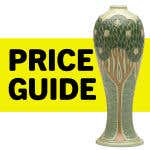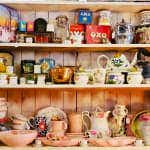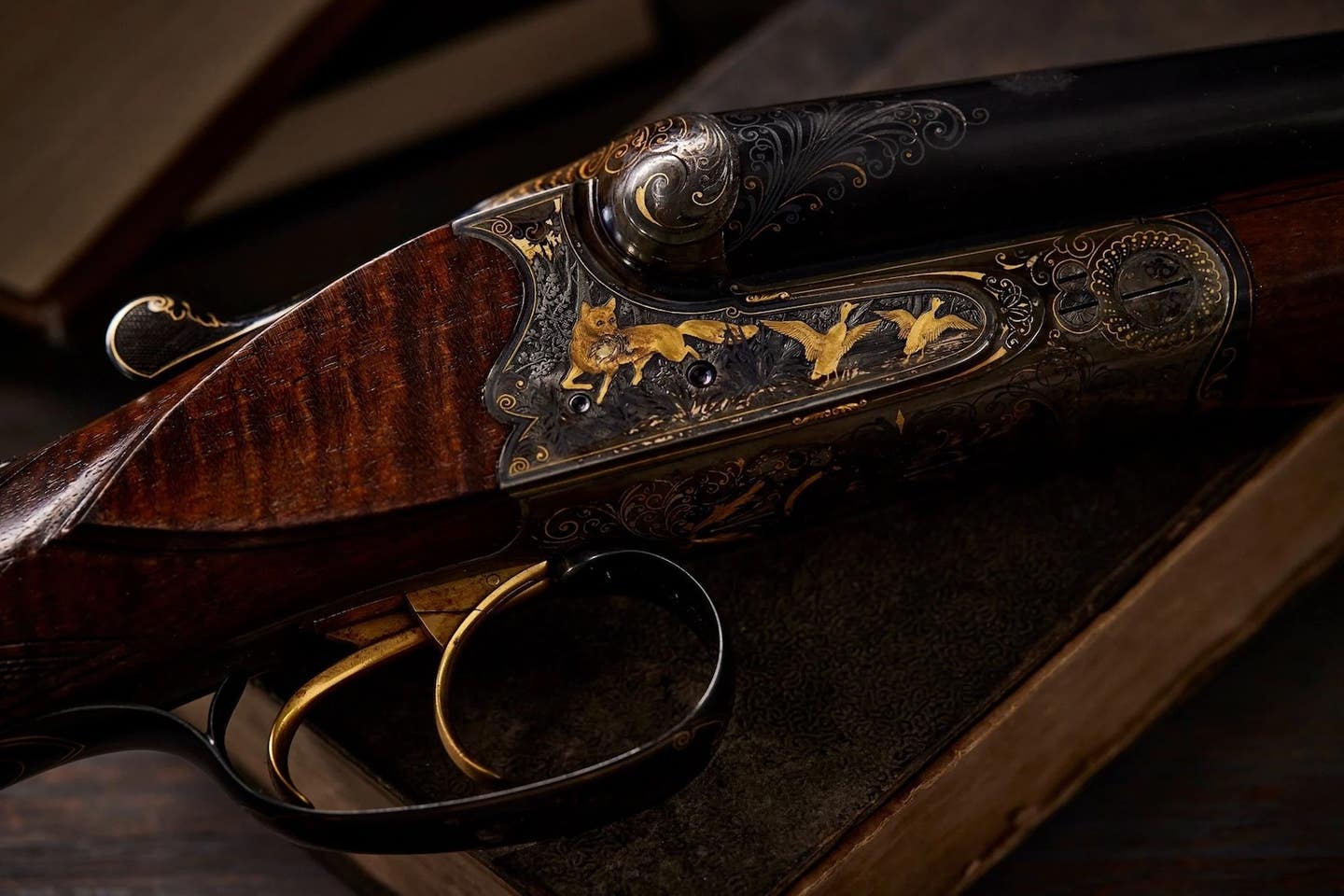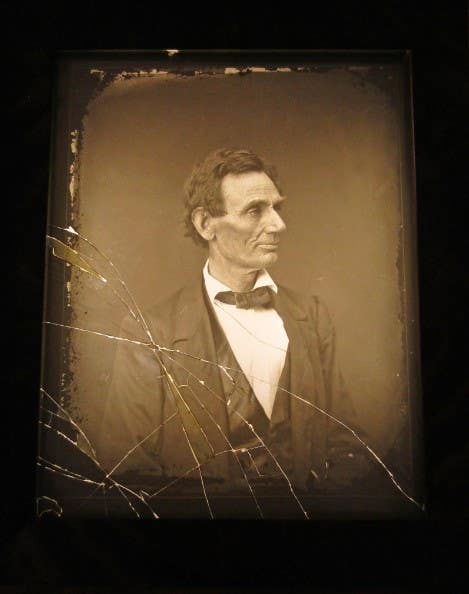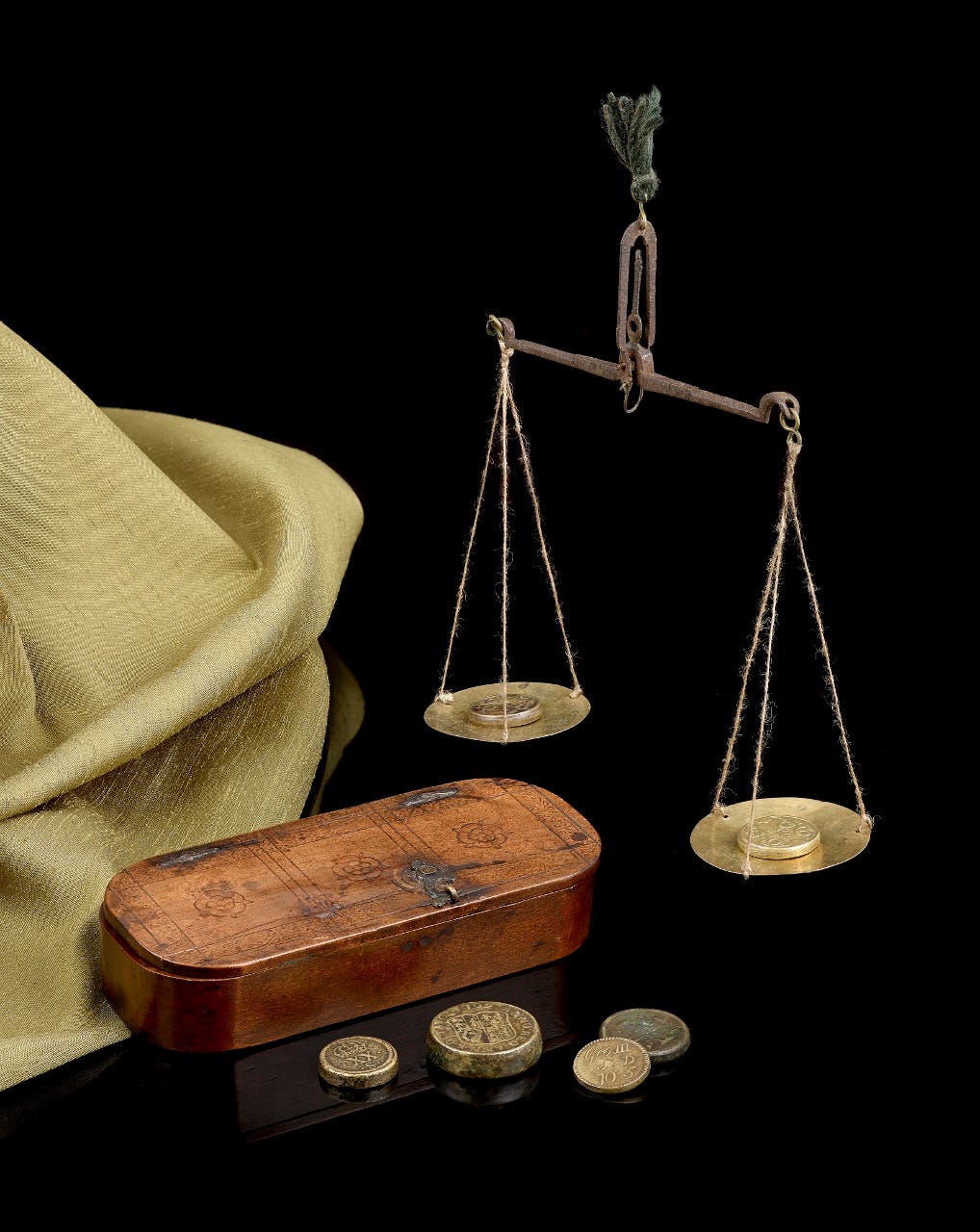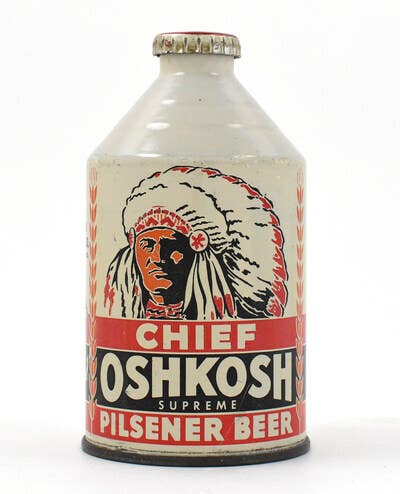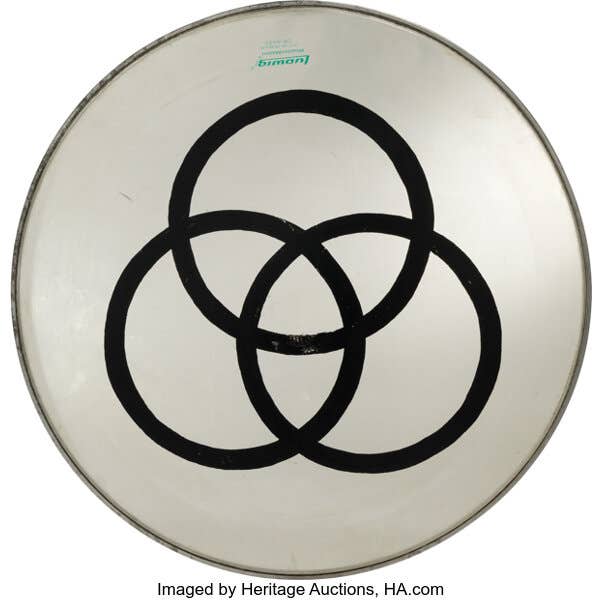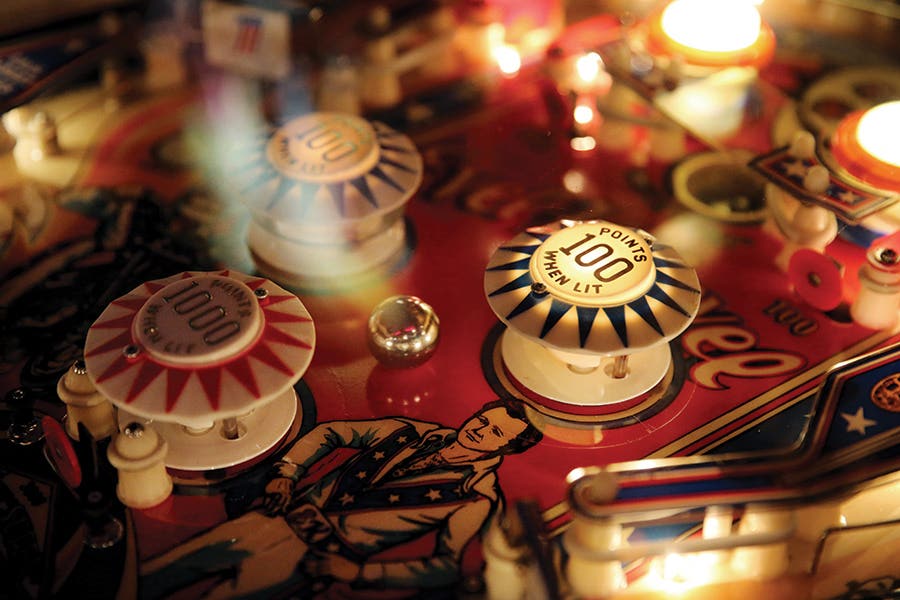Picker’s Bible: Picking insights from a full-time pro
In an exclusive excerpt from his book, the “Picker’s Bible,” Joe Willard shares his childhood picking experiences, which served as the impetus of becoming a full-time, professional picker.
Editor's Note: From killer yard sale finds to abandoned storage unit bounty, hidden treasures abound for those skilled in the art of picking. The big question is: How does one become skilled at picking quality antiques and collectibles?
Many answers to that question can be found in the pages of the Picker’s Bible, 2nd Edition (Krause Books, 2014) from professional picker Joe Willard. The new edition of this helpful guide can be purchased at major retailers, as well as
directly from the publisher.
By Joe Willard
The first time I ever heard about the term “pickers” was from a collector I know. This was many years before the Internet was available. This collector had an entire basement filled with antique brass mining lamps. He also had walls loaded with miners’ candlestick holders and other mining memorabilia. I asked him how he could
possibly find so many fantastic pieces from around there. He laughed and told me of how he had pickers from all over the country send him pieces to buy. He said they went to places such as yard sales, antiques stores and thrift shops looking for items to send him. He told me it was almost as if he had “hired” them to look for him. I had never heard of such a thing. I was intrigued and had to know more.
He said that these pickers knew about this particular collectible and knew he would pay good prices for the better pieces. He told me there were pickers for almost any type of collectible. His pickers had a good captive customer (him) and thus he had an endless supply of good items. The next time I heard the term “picker,” I was waiting in line in a library book sale. The old timer in front of me was explaining how he had to get there early in order to get in front of all the “book pickers” (also known as book scouts). There was that term again. He described how some of the big book dealers had hired pickers to find certain titles for them. This amazed me.
You mean that collectors, antiques dealers and bookstores buy from a group or subculture of people called pickers? Exactly.
Just about anyone who wants to can go picking and then bring the items to these dealers and sell them at the back door. The fact is, the majority of the inventory that many dealers have originated from the front lines of picking. What you see in an antiques store or a museum is an assemblage of items. It didn’t just happen. It was built over many years of gathering, finding, trading and collecting. It was all harvested.
Think of the word picking or “to pick.” Have you ever said, “Look what I just picked up” or “Boy, it was slim pickings today?” We’ve heard of berry pickers, stock pickers, fruit pickers and rag pickers, even a miner’s pick. These are all terms for harvesting, aren’t they? Antiques and collectibles pickers are, in fact, harvesters.
My old-timer friend in line at the book sale spoke with a little resentment toward the pickers. What he didn’t admit was that even a collector such as himself was there to pick for himself. Sometimes there is a perception that because something found its
way to a thrift store or a yard sale it must be worthless, dirty or just a doggy type of thing. The other perception is that if it is in an antiques store, it must be a rare and precious thing. I want to tell you that those rare and precious things are found in dingy, dirty and cluttered places and brought to light and rescued many times by pickers.
The picker used to be perceived by some as a dirty scrounger; how- ever, the picker is an artist and a professional. Television shows have done much to raise the picker from scrounger to artist. I know of all sorts of pickers. Some have excellent jobs and just pick part-time. Others pick full-time. There are those who pick just to stay alive. Some are destitute and homeless, while others have successful stores and businesses. I know of doctors, corporate officers and other professionals who pick during their lunch hours and days off — you don’t need to quit your job to do this.
There are also the obsessed collectors who just have to pick. Some are just fixer-uppers or do-it-yourselfers. Many pickers supplement their incomes by scouting for dealers. Some antiques dealers pick for their own store whenever they have time. Picking ought to be thought more of as a profession; after all, it is more of an art than it is a labor. Good picking is a talent. Picking is a great hobby or even a vocation for some, a lucrative business for others. It might be a pastime, a livelihood or sport. Whatever the individual’s reason, it can be enjoyable and fun.
It’s a blast! Have you ever bought an item for $5 and sold it the same day for $100? I have. I’ve bought many items for several dollars and sold for thousands of dollars. Pickers do it all the time. Have you wondered how in the world antiques shops get so much stuff? Where do they find it all? Have you ever declared, “My grandmother had one of those?” Don’t you wish you had it today? Welcome to the world of the professional picker. You are, can and should be collecting and picking for antiques, collectibles and other stuff.
The Picker’s Bible contains secrets, tips, thoughts and experiences that will really help you, guide you and professionalize what you do. When I was quite young, I remember going behind the neighborhood stores and businesses and finding lots of fun and interesting junk. Now it seems that dumpster diving is reserved for the truly despondent. When I did it, it was just for fun. Picking is truly an honorable profession, even though you get some deals that may seem to be so unbelievable that it may look otherwise. Picking has been kind of a natural thing for me for some reason.
As a boy, I remember gathering old pop bottles and car batteries to trade in for cash. I used to take apart electronic and electrical products and sell the scrap copper. I’ve found old TVs and radios. I even remember selling an antique wind-up mantle clock to a dealer for $5. I was always attracted to surplus and thrift stores. I’d talk to people about my hobby and the next thing you knew, they would bring something over to give me. I also collected stamps and coins as a child, which gave me a little organization and structure as a true collector. That didn’t prevent me from searching out free items. In a dumpster behind a neighborhood drugstore, I found store fixtures and displays that really looked cool in my room. I used to bring armfuls of half-full bottles of perfume demonstrators that I would give to my delighted mother.
I’d get all sorts of little junk that pleased my friends and myself. Lots of good trade stock! In a dumpster behind a gift distributor, I found boxes of postcards and greeting cards. Down by the car wash, they had a hill out back where they dumped out the stuff they vacuumed from cars and I remember finding many quarters, nickels, dimes, jewelry and even stuff like old stock certificates. I remember having neighbors let me go through piles of junk and garages of stuff just before they moved or when someone died, and finding trinkets, antique clocks and radios that I’d swap, sell or experiment with. We even had a guy my brother worked for who called up my father and said he needed to leave town because the mob was after him. He said we could have anything in the house we wanted. Since my adult neighbors and friends knew I was interested in old keys, science and electronics, when junk was thrown out, they threw it my way.Curbside spring cleaning piles used to be a lot better when I was a boy, too, as people tossed away their stuff.
I was indeed a picker, but just didn’t know the activity had a name for it. Later on in my life, I got interested in collecting rocks and minerals. I collected literally tons of material — even many museum- quality specimens. I loved to go prospecting. I’m kind of an old miner. Because I was a picker of sorts from early in my childhood, it has helped me to be a better prospector now. I truly feel and think, while I am out picking, that I am on a field trip. My early adventures in picking were literally like hunting for and finding treasure. The excitement, the hoarding and the organization of what I found helped me in other areas.
As I worked on prospecting skills, I would research the literature — this paid off, as did leads and hunches. Friends were also helpful. All of the digging, trying and searching taught me that if you think, work, want, keep going and believe, it really pays off! The more you prospect, the more you find. In rocks, junk or antiques, I realized that to find
the treasure, you just have to dig a little bit more. Sometimes it’s just a bit more in the same area and just inches away. You have to read the terrain and look for slight hints and telltale signs that are an indication of the valuable ore. You need to study all of the literature, watch for trends and listen well. All of this experience gave me what I really needed to be a more successful picker.
The habits and experience, passion, belief and goals, combined with absolute interest and joy, all develop what is called a “knack.” You’ll get a knack for it. After reading the Picker’s Bible and trying the things described therein, you will be way ahead in the profession of picking.
[relatedPosts]
